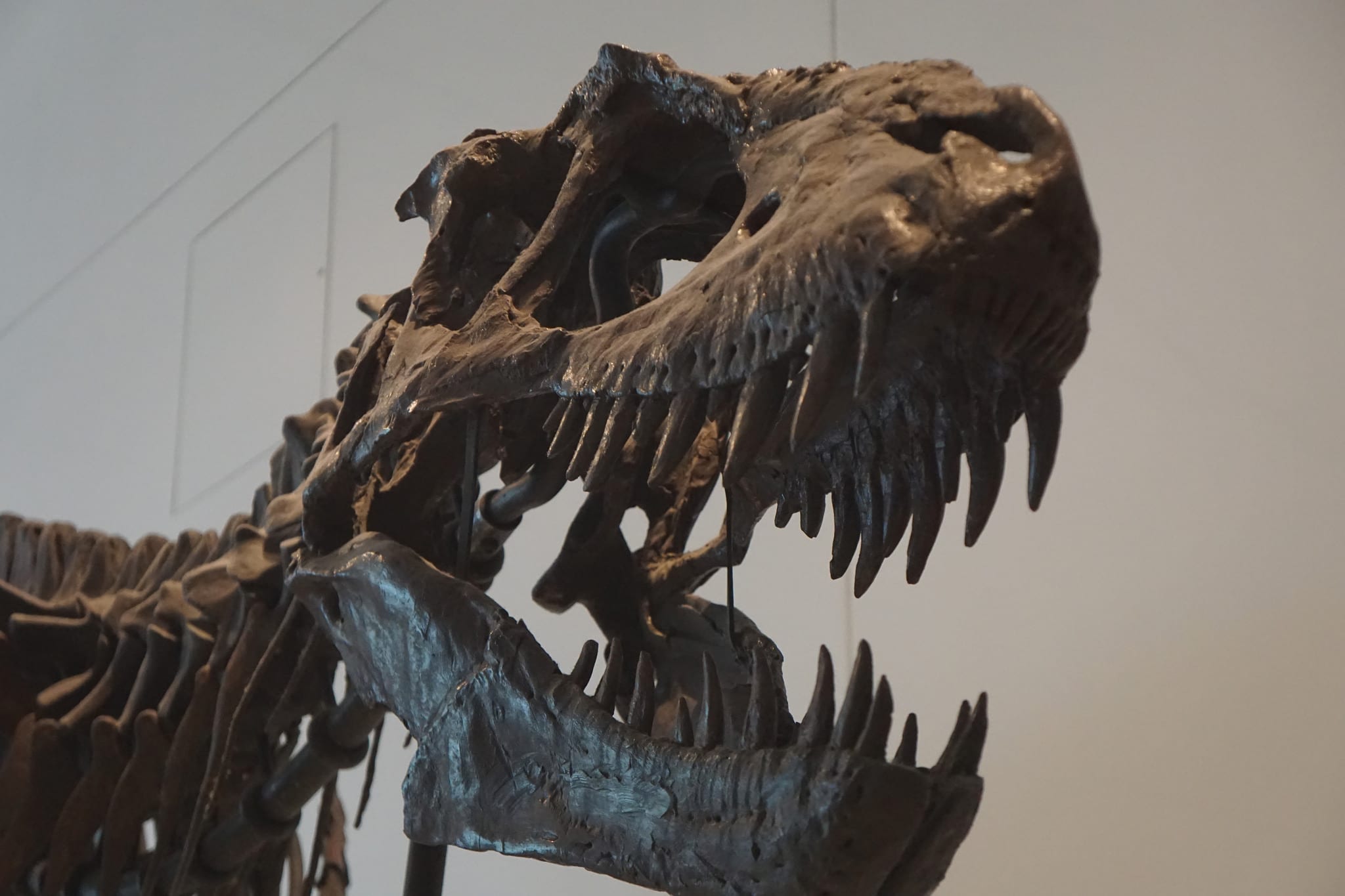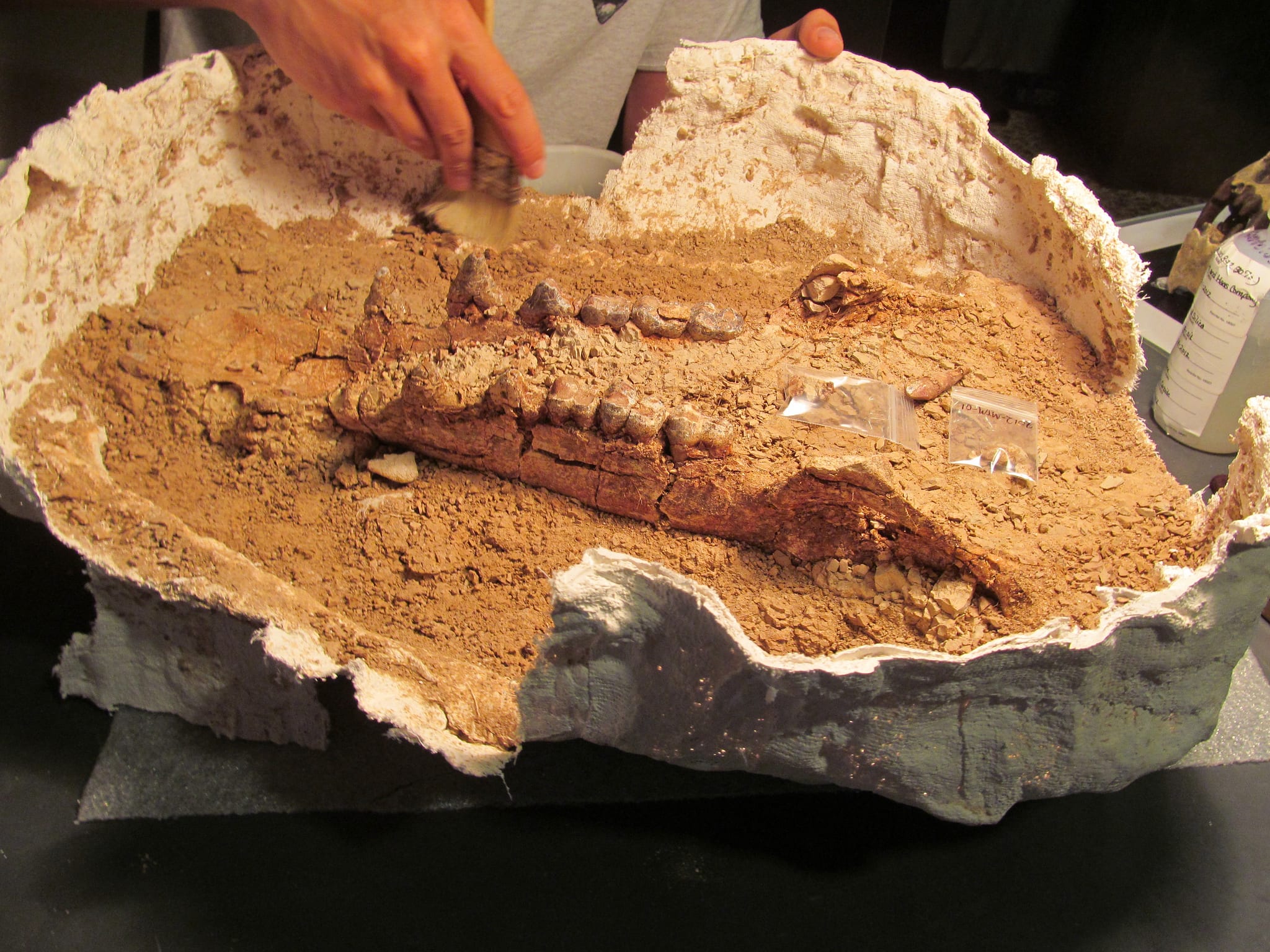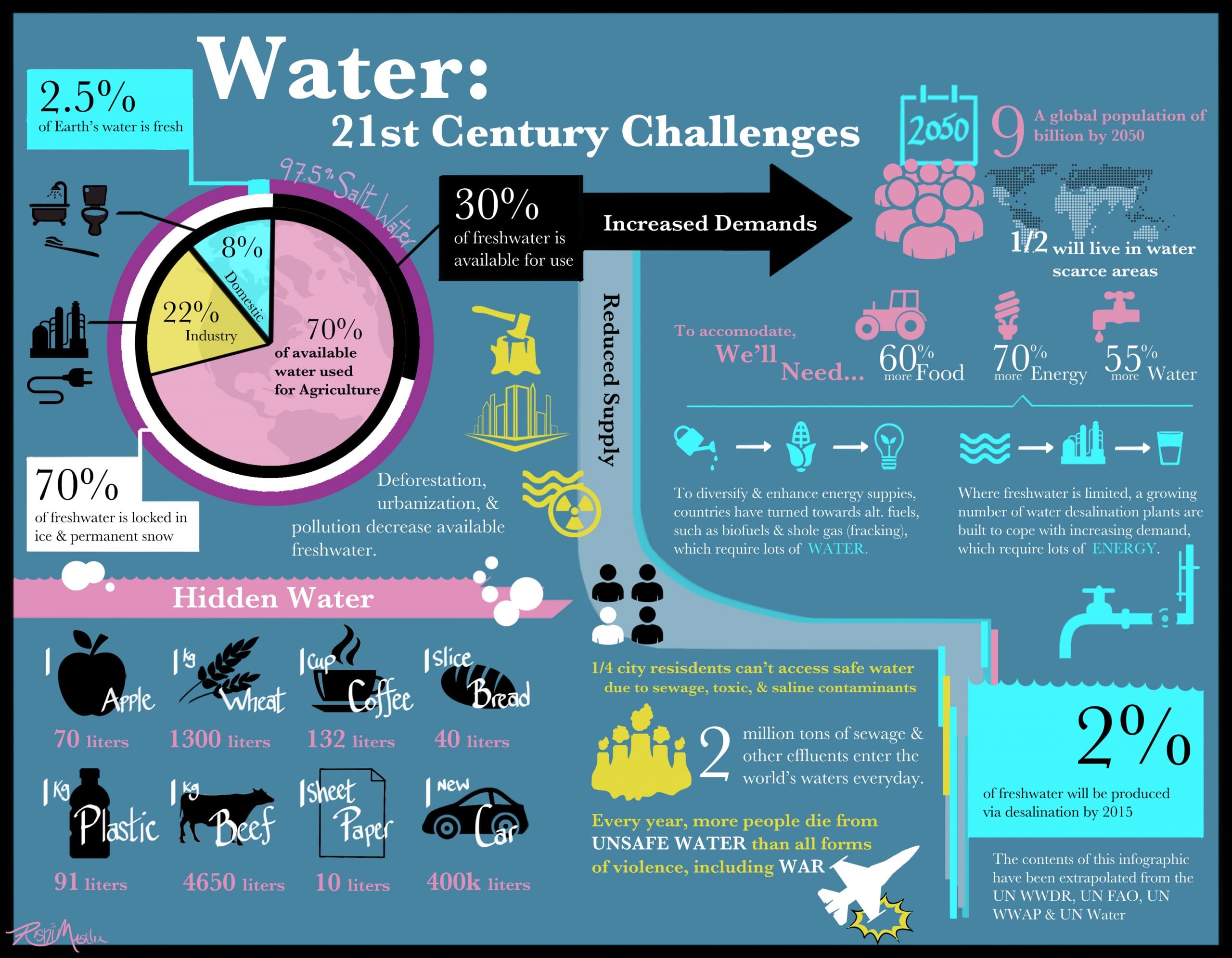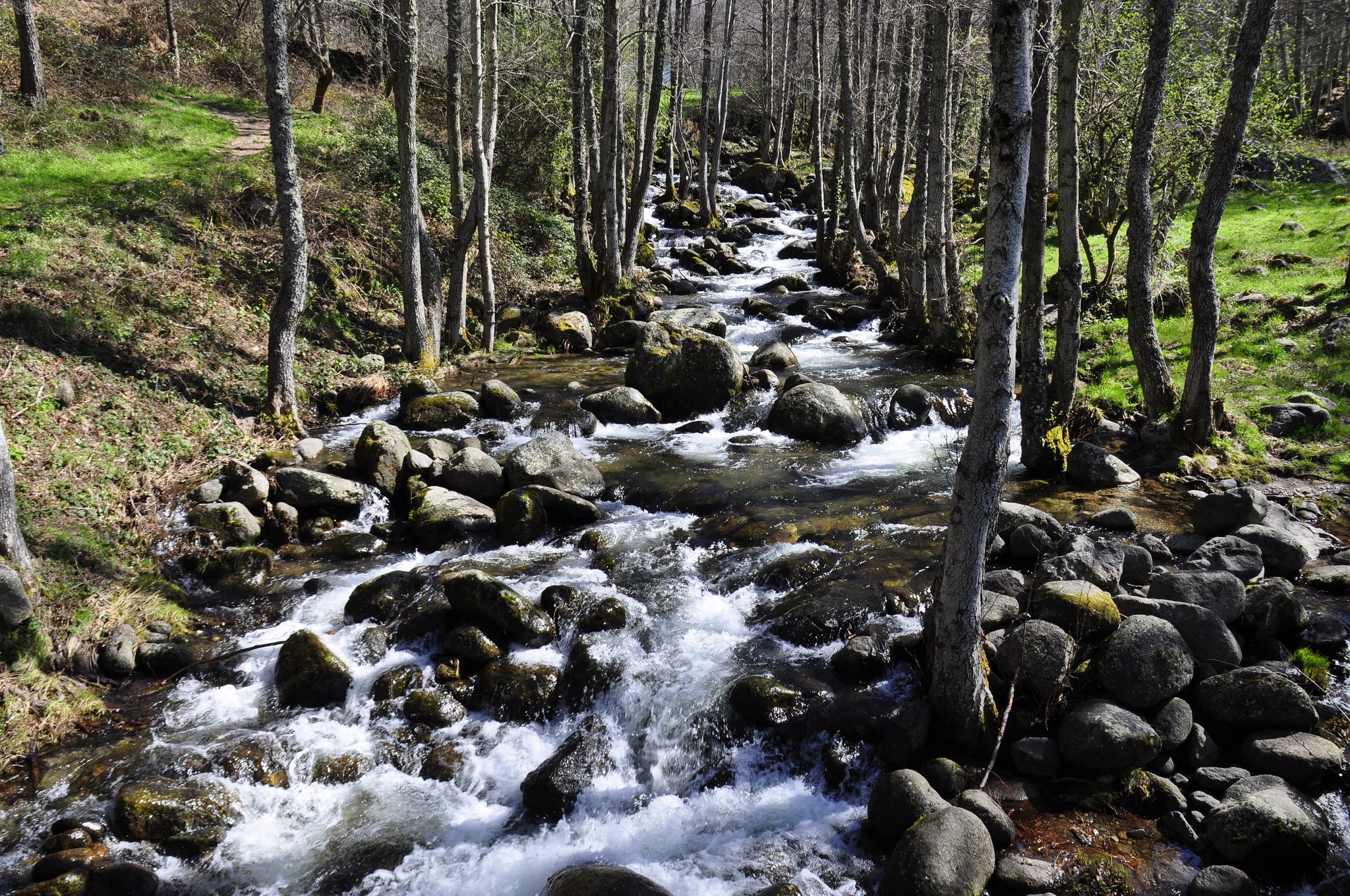Addition of 4 New Elements to the Periodic Table
by Stephanie M. Halmo Scientists from across the globe have discovered four new elements, filling in row seven on the periodic table. The International Union of Pure and Applied Chemistry confirms the synthesis of these elements with atomic numbers 113, 115, 117 and 118. The four new elements are not found in nature. Researchers synthesized









